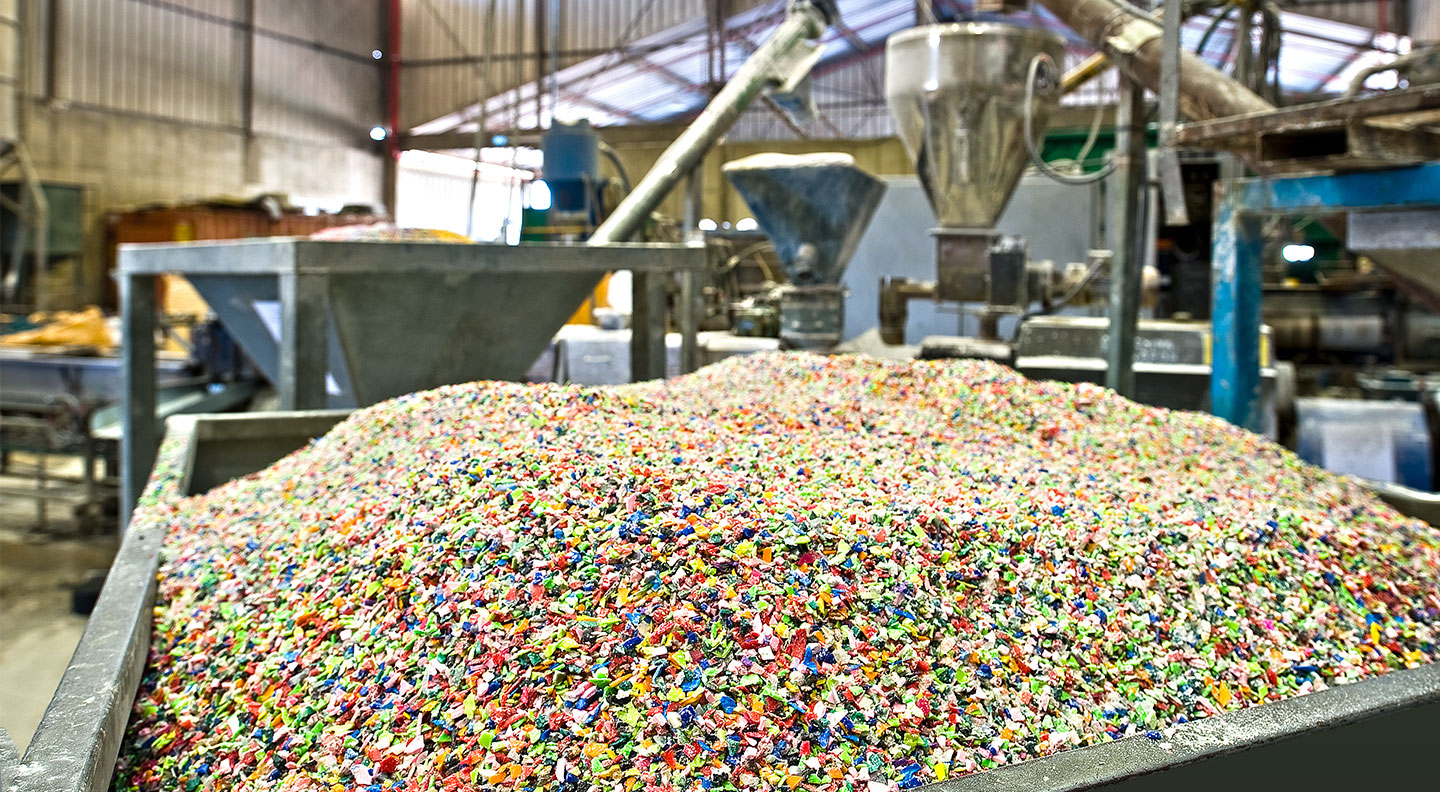Patricia Whiting, senior international policy analyst and Jan-Hein Stiens, global plastics manager presented and exchanged views on a panel hosted by the Bureau of International Recycling’s (BIR) Plastics Committee during its annual World Recycling Convention Week, Oct. 12-16, 2020. BIR conducted the Convention virtually due to COVID-19. The virtual event consisted of cross-commodity sessions of overarching interest to the recycling community, and commodity webinars.
Whiting provided an in-depth review of the implications of Basel Convention amendments which enter into force January 1, 2021. She explained that most plastic waste had previously fallen outside the scope of the Basel Convention, whereas the new criteria would affect all but a few types of scrap plastic shipments. She pointed out that this new trading burden would likely result in “negative implications” for the circular economy through “limits on plastic waste available as inputs for recycling facilities, and limits on the availability of recycled plastics”.
She explained that requirements on shipments lack legal clarity, as they were drafted in a manner that remained open to interpretation – for example, that they should consist “almost exclusively” of a single polymer and should be “almost free from contamination”. She noted that this would result in confusion for both the regulators and their regulated stakeholders seeking to comply with the new provisions – as competent authorities would therefore be left to grapple, for example, with what levels of contamination would be acceptable.
In this context, she noted that both her and Stiens are participating in the Basel Convention’s Public-Private Partnership on Plastic Waste (PWP). She pointed out that with a view toward facilitating implementation and compliance with the plastics amendments, the PWP is seeking information concerning existing national or international specifications developed by countries or companies related to “almost free from contamination and other waste types” and “almost exclusively” for shipments of plastic waste destined for recycling.
Steins explained the significant challenges that the Basel plastic waste amendments, and the consequential growing patchwork of national and international laws and regulations governing the transboundary movement of plastics, poses to SLS. He acknowledged the desire to be 100 percent compliant as of January 2021, however, we are operating in a climate of great regulatory uncertainty in terms of a plethora of differing interpretations of the amendments.
He also explained that stricter regulations governing overseas shipments were prompting many recyclers to move their production operations nearer to the sources where plastic inputs were becoming available. On the positive side, he added, that OEMs had already built recycled materials into their long-term strategies and so would continue to offer a consistent demand.
Finally, he discussed the increasing importance of plastics from the perspective of circular economy opportunities within the electronics recycling market – especially through closed-loop and open-loop plastics recycling technologies. In this light, he stressed the importance of recyclers and manufacturers working together to achieve circular economy and sustainability goals, in terms of plastics.
In addition to SLS, other panelists that discussed plastics in the context of recycling and trade included:
- Dr. Steve Wong, Fukutomi Co. Ltd and Executive President of China Sustainable Plastics Association;
- Max Craipeau, Greencore Resources Ltd;
- Sally Houghton, Plastics Recycling Corporation of California;
- Henk Alssema, Vita Plastics in the Netherlands and BIR Plastics Committee Chair; and
- BIR Director General Arnaud Brunet, BIR Director.
BIR is the international trade association of the recycling industries. Around 70 countries are represented through their national trade associations and individual companies, which are involved in recycling. BIR comprises four commodity divisions: iron and steel, non-ferrous metals, paper and textiles, and has four commodity committees dealing with stainless steel and special alloys, plastics, tires and rubber and e-scrap. BIR’s primary goal is to promote recycling and recyclability, thereby conserving natural resources, protecting the environment and facilitating free trade of secondary raw materials.
